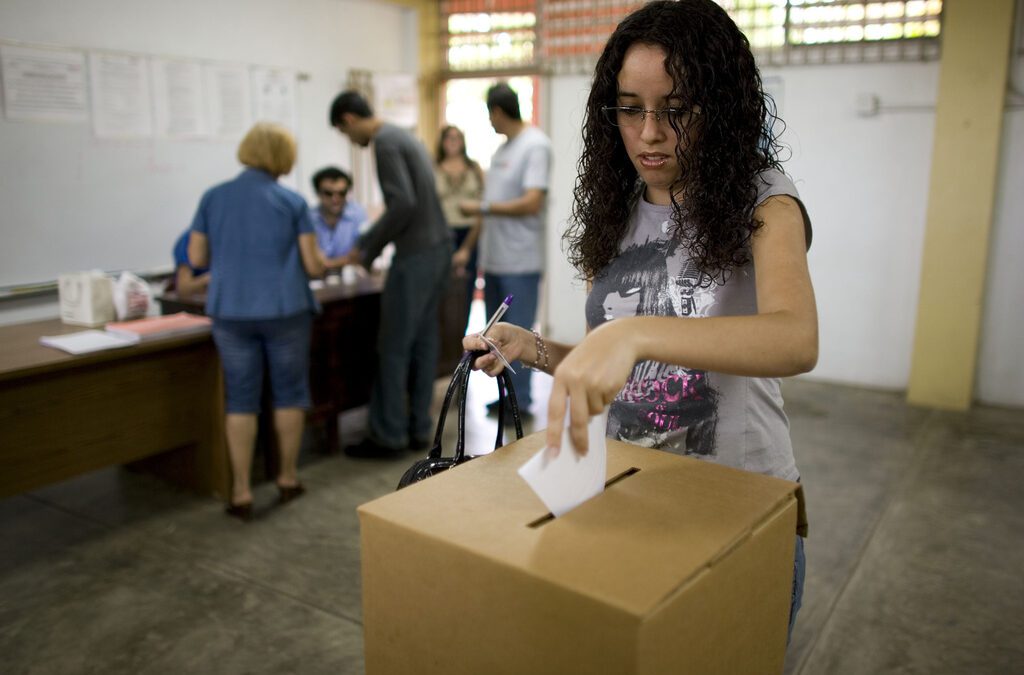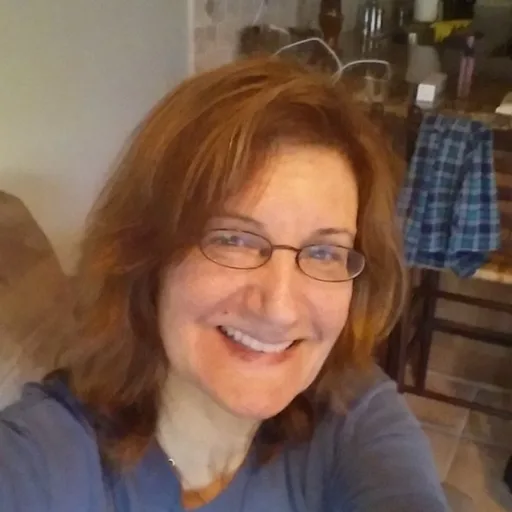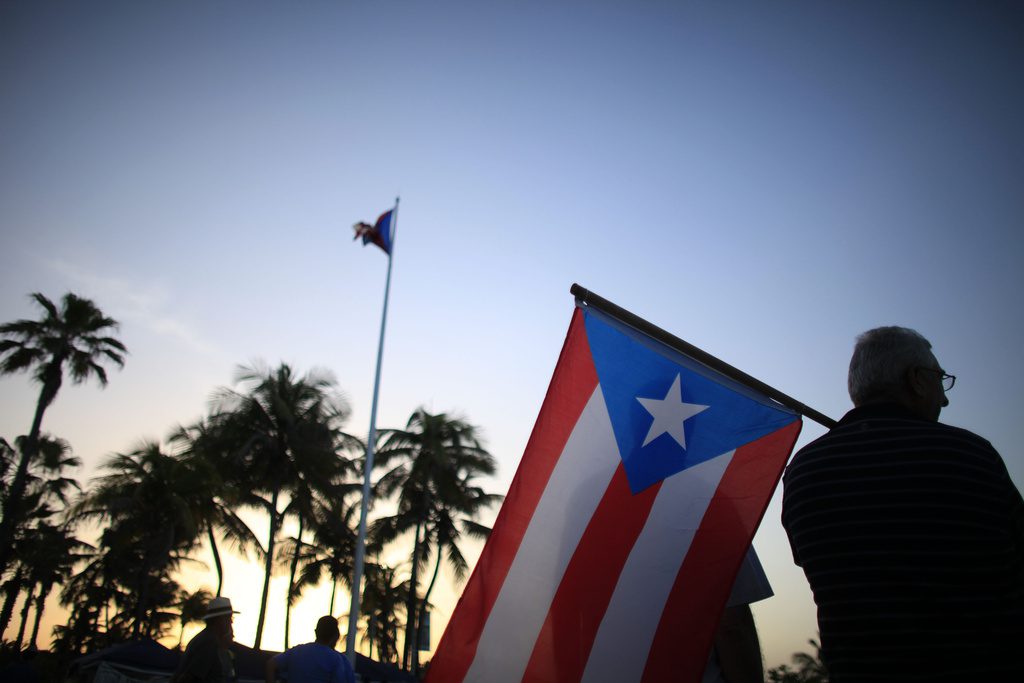
Image via AP/Phil Sears
The governor’s map does not increase the number of Hispanic access seats and eliminates seats held by Black lawmakers. This determines where your tax dollars go and can affect every part of your life.
“Redistricting” is a political term that most people are still not familiar with, despite being in the news lately.
Simply put, it means dividing states and the people who live there into geographical territories that determine who represents them. When done fairly, it can ensure that communities have a fair shot at electing candidates who will fight for their concerns.
“How the lines are drawn can make a big difference in the laws passed in our communities and where our tax dollars go,” Jackie Espinosa, who is running for Osceola County Commissioner District 4, told Floricua.
RELATED: Todo lo que debes saber sobre el ‘redistricting’ y cómo te afecta
“Who represents us will determine whether we have clean air to breathe, clean water to drink, honest textbooks that our kids can learn from, and whether we have resources in our neighborhoods to maintain roads and hospitals,” Democratic Rep. Angie Nixon told Floricua.
‘An Unprecedented Power Grab’
But despite a robust opposition from Democrats, on April 23, Gov. Ron DeSantis signed into law a new map that hands significant gains to Republicans, meaning that more GOP candidates could be elected to office.
“The Congressional maps presented to us during the Special Session are an embarrassment and clearly reduce access to representation for minority communities, including the Puerto Rican community,” Sen. Victor Torres, Jr. told Floricua.
According to the Boricua Democrat representing the 15th District, which encompasses Osceola County and southern Orange County, the most recent census data shows that the largest demographic growth recorded in Florida was that of the Hispanic community.
However, the governor’s map currently does not increase the number of Hispanic access seats and eliminates two seats held by Black lawmakers, “even though those two communities are larger today than they were a decade ago,” emphasized Torres.
RELATED: Jackie Espinosa: ‘Boricuas in Florida Need to Recognize the Immense Power of Our Voice’
Nixon agrees with Torres’ assessment. “In an unprecedented power grab, the Governor’s congressional map, with the help of Republican leaders, has manipulated the congressional boundaries in favor of their party. This attack on democracy and fair representation will now slash Black representation in half in Congress. This means that of the 28 districts we have in Florida, only 2 will be Black-held to represent nearly three and a half million of us.”
Voting Is Essential
In Florida, both congressional and state legislative district lines are drawn by the state Legislature every ten years. That is why the Puerto Rican vote is essential, because who is elected to office will help determine how the maps are drawn.
“DeSantis has just ensured that we can’t elect people that come from our own communities that will pass people-centered, helpful laws for future generations to come,” Nixon said. “It’s a sad day for all Floridians when those in power can take a sledgehammer to our democracy in the name of political ambition. Elections have consequences and this is only the beginning.”
Not Sitting Down
But Democrats and those who are concerned about giving one party an unfair advantage are not taking this sitting down. The same day that DeSantis signed the map into law, several voting and civil rights organizations, including the League of Women Voters of Florida, sued over Florida’s new congressional map.
“Sadly, the Republican majority continues to perpetuate a culture of trying to silence and downsize our communities,” Torres said. “I hope the courts will ultimately resolve this problem, just as they did when this very body approved illegal congressional maps last decade.”
Politics

Inside Puerto Rico’s unique role in the US presidential race
Although residents of Puerto Rico can't vote for president in November, they could potentially still influence Electoral College calculations....



Biden makes 4 million more workers eligible for overtime pay
The Biden administration announced a new rule Tuesday to expand overtime pay for around 4 million lower-paid salaried employees nationwide. The...
Local News



Inside Puerto Rico’s unique role in the US presidential race
Although residents of Puerto Rico can't vote for president in November, they could potentially still influence Electoral College calculations....



Biden makes 4 million more workers eligible for overtime pay
The Biden administration announced a new rule Tuesday to expand overtime pay for around 4 million lower-paid salaried employees nationwide. The...





